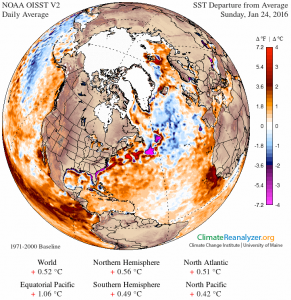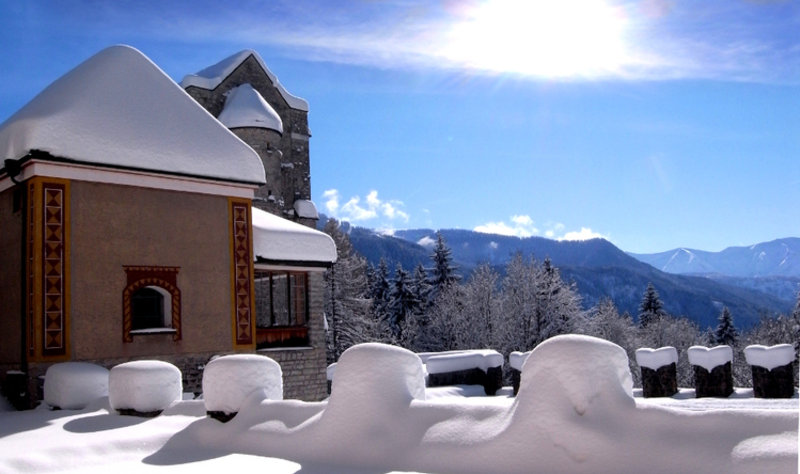A commenter brings news of an obviously wrong paper that has just appeared in Global and Planetary Change. The paper purports to be a radical revision of our understanding of the carbon cycle by Hermann Harde. The key conclusions are (and reality in green):
- The average residence time of CO2 in the atmosphere is found to be 4 years.
[The residence time for an individual molecule is not the same as the perturbation response time of the carbon cycle which has timescales of decades to thousands of years.]
- The anthropogenic fraction of CO2 in the atmosphere is only 4.3%.
[Actually, it’s 30%.]
- Human emissions only contribute 15% to the CO2 increase over the Industrial Era.
[It’s all of it.]
Since these points contradict multiple independent sources of evidence, I can, without hesitation, predict that there are fundament flaws in this paper that will raise serious questions about the quality of the peer-review that this paper went through. Oddly, this paper is labeled as an “Invited Research Article” and so maybe some questions might be asked of the editor responsible too.
Notwithstanding our last post on the difficulty in getting comments published, this paper is crying out for one.
But this kind of thing has been done before, does not require any great sophistication or computer modeling to rebut, and has come up so many times before (Salby (also here), Beck, Segalstad, Jaworowski etc.), that perhaps a crowd-sourced rebuttal would be useful.
So, we’ll set up an overleaf.com page for this (a site for collaborative LaTeX projects), and anyone who wants to contribute should put the gist of their point in the comments and we’ll send the link so you can add it to the draft. Maybe the citizen scientists among you can pull together a rebuttal faster than the professionals?
Update: The crowd-sourced comment has appeared Köhler et al (2018).
References
- H. Harde, "Scrutinizing the carbon cycle and CO2 residence time in the atmosphere", Global and Planetary Change, vol. 152, pp. 19-26, 2017. http://dx.doi.org/10.1016/j.gloplacha.2017.02.009
- P. Köhler, J. Hauck, C. Völker, D.A. Wolf-Gladrow, M. Butzin, J.B. Halpern, K. Rice, and R.E. Zeebe, "Comment on “ Scrutinizing the carbon cycle and CO 2 residence time in the atmosphere ” by H. Harde", Global and Planetary Change, vol. 164, pp. 67-71, 2018. http://dx.doi.org/10.1016/j.gloplacha.2017.09.015

 Some of you will be aware that there is a
Some of you will be aware that there is a